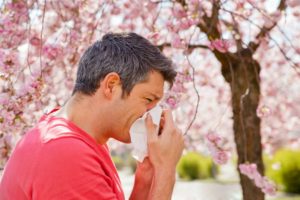 It is allergy season again! Every spring millions of Canadians suffer from symptoms like runny nose, itchy and swollen eyes, sneezing, coughing and fatigue, when local plants begin to bloom after a long winter. This year in the Lower Mainland, we had one of our darkest, coldest and wettest winters in recorded history, and as a result, many plants are blooming and pollinating at the same time, making for increased seasonal allergies and related physical misery. But there are things you can do to reduce your symptoms and feel better!
It is allergy season again! Every spring millions of Canadians suffer from symptoms like runny nose, itchy and swollen eyes, sneezing, coughing and fatigue, when local plants begin to bloom after a long winter. This year in the Lower Mainland, we had one of our darkest, coldest and wettest winters in recorded history, and as a result, many plants are blooming and pollinating at the same time, making for increased seasonal allergies and related physical misery. But there are things you can do to reduce your symptoms and feel better!
In this article will talk about the importance of adrenal function in allergy, the role of stress, as well as supplements and nutraceuticals that help you feel better fast.
How Does Stress Affect Our Allergic Response?
There are many ways to combat and cope with stress, and every individual must find their own path to clearing up stressful environments, relationships and patterns. This article will cover common supplements that can support recovery from chronic stress.
First, let’s begin with explaining how stress affects our immune response in our adrenal glands.
Both epinephrine and cortisol/cortisone are produced there. Epinephrine (the ingredient in Epi-Pens, used for anaphylactic reactions) stimulates our fight or flight response, constricts blood vessels preventing swelling, increases air flow by relaxing bronchioles, and arrests allergic mediators which promote reactions. Cortisol suppresses the immune system and prevents histamine release, reducing allergic symptoms like itch, redness, and mucus production. When we experience chronic stress, our adrenal glands work overtime, and become fatigued. Our ability to produce epinephrine and cortisol is reduced, and our allergy symptoms increase. Stress does not have to be extreme to affect allergic response. Chronic low-level stress from things like volatile work environments, family dysfunction, financial difficulties, and a history of abuse, is linked to many health problems, including increased allergies.
Here is a list of 9 natural remedies to help combat the negative effects of stress :
A great herb for stress recovery. It is “tropho-restorative” to the adrenal glands, which means that it supports regrowth of shrunken glands and regulates cortisol levels. It can be taken as a tea, a root, or a supplement. It should be avoided by those with high blood pressure, unless an ingredient called “glycyrrhizin” is removed (sold as “DGL” or “de-glycyrrhizinated licorice”). Licorice is a multi-function herb, and can be used to regulate blood sugar, decrease leaky gut, and reduce ulceration of the gastrointestinal system.
2. Ashwaganda, Rhodiola, Siberian and Panax Ginseng, Astragalus and Holy Basil :
These herbs are known as adaptogens, and help the body to return to normal functioning faster. They are like catalysts, allowing you to bounce back from stressful events. They can be used by all ages (under professional guidance from a Naturopathic Doctor and have a few side effects.
3 . B-Vitamins , especially B1 (Thiamine), B5 (pantothenic acid), and B6 (pyridoxine)
Crucial to stress response. A good B-complex is an excellent addition to a daily routine. It is important to get a reliable brand which uses bioavailable versions of the B vitamins, as many B-complexes on the market are made from cheaper synthetic versions which are linked to health problems.
4. Magnesium
Essential to recovery from stress, and is the number one mineral deficiency in North America. It supports thyroid and parathyroid function, relaxes muscles, reduces constipation, and helps with detoxification.
Other Supplements That Reduce Allergic Response
5. Quercetin :
Every person with seasonal allergies should have a bottle of this powerful antioxidant and anti-histamine. Quercetin supports immune function, and stabilizes MAST cells, cells in charge of histamine release. It is found in many plants, and eating a plant-based diet is an excellent way of decreasing allergies. It can be taken as a supplement, with a typical dose of 500 mg twice a day. It is often used in combination with other bioflavonoids, including rutin, and hesperidin. Bioflavonoids improve the health of blood vessels and reduce oxidative damage, helping to heal inflammation from allergies.
6. Stinging Nettle ( Urtica Dioica):
This multipurpose herb has many medicinal properties. In terms of allergies, it works on a number of receptors and enzymes that promote allergic reactions, as well reducing histamine.
7. Eyebright (Euphrasia officianalis ):
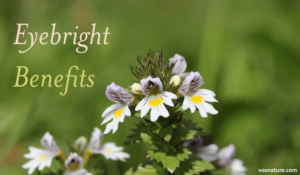 As the name suggests, this herb is helpful for swollen, irritated eyes due to allergies. This herb can be used topically as an eyewash, as well as internally under professional guidance.
As the name suggests, this herb is helpful for swollen, irritated eyes due to allergies. This herb can be used topically as an eyewash, as well as internally under professional guidance.
8. Homeopathic Remedies :
There are several remedies, as well as combination remedies, available for allergy relief: Apis Mellifica, Allium Cepa, Urtica Dioica, Euphrasia, Nux Vomica , are common ones. Homeopathy relies on matching a “symptom picture” with a remedy. For this reason, many commercially available homeopathic remedies are combination remedies, at low strength or potency. They work for symptom relief, when taken several times a day.
For a more accurate homeopathic for your symptom picture, consult an ND who practices homeopathy or a homeopath.
These vitamins and mineral support connective tissue repair, so your inflamed tissues of the respiratory tract can return to health as soon as possible.

There are many options to reduce your allergies this season and in the future. Preparing in the winter season is ideal, as seasonal allergies are a sign that your immune system is overloaded and overwhelmed. One of the best strategies is to begin with a healthy gut where 70% of our immune system resides. Immediate relief is possible with the right treatments and strategies, but since we are all different, effective treatments start with an individualized program that is right for you. Consult a Naturopathic Doctor, and look forward to an allergy-free spring!
Dr. Rebecca is a Naturopathic Doctor at Angel Hands Integrative Centre who has been practicing Natural Medicine for many years. She has found that allergies and sensitivities can be successfully treated with herbs and other natural remedies. If you have any further questions, she can be reached for consult at 604 558 1926

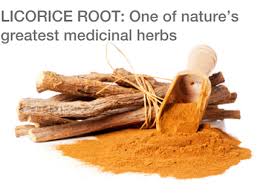
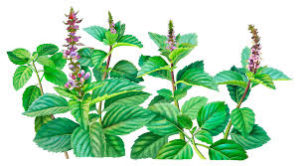
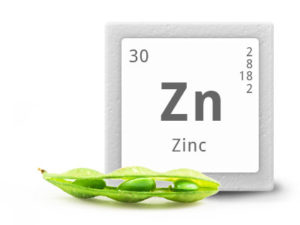
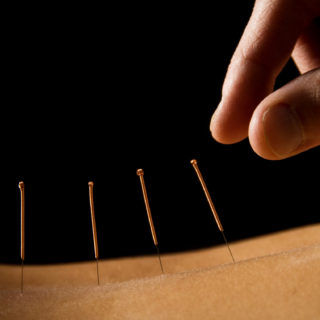







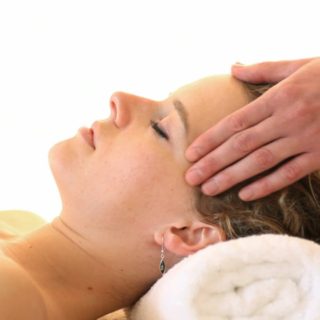

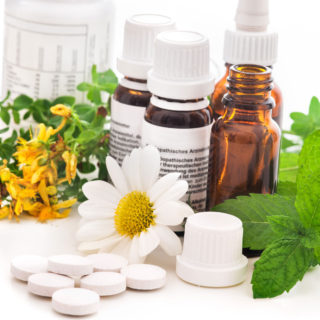




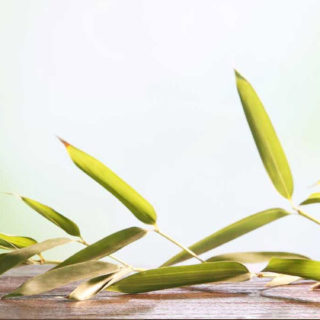

No Comments
Be the first to start a conversation